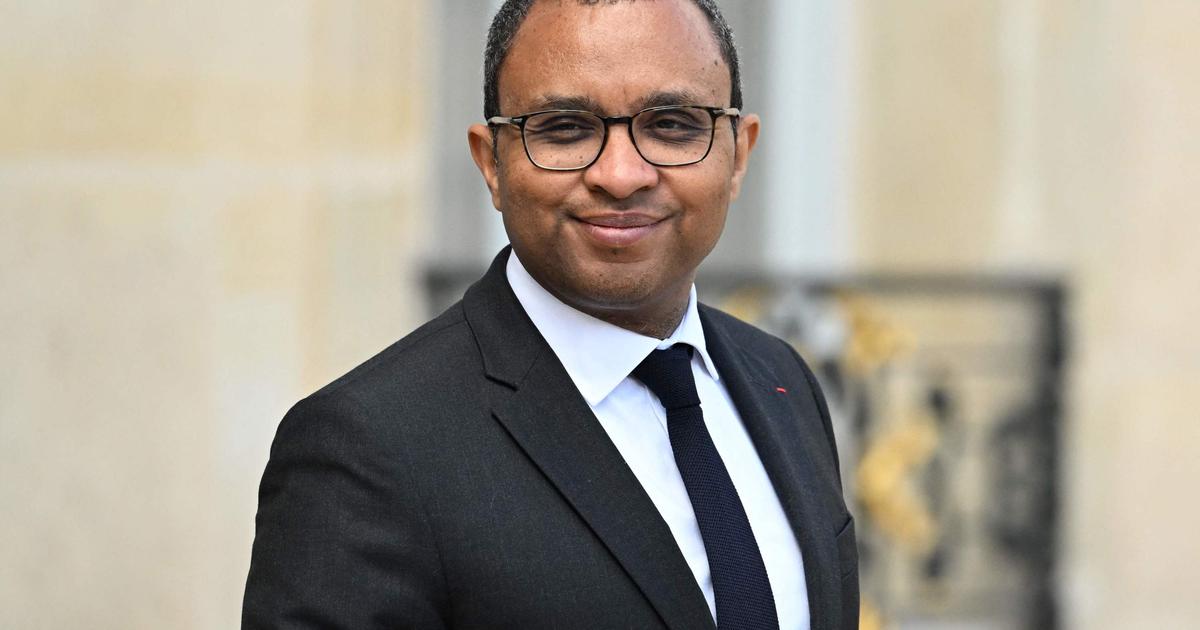Alain Policar is an associate researcher at the Sciences Po Political Research Center (Cevipof) and a member of the Council of Elders of Secularism and Republican Values, since April 14, 2023.
In a column published by
Le Figaro on
April 19, Xavier-Laurent Salvador lends Pap Ndiaye the desire to
“deconstruct the Council of Elders of secularism”
.
In his mind, as evidenced by the January 2022 colloquium at the Sorbonne and the book that resulted from it,
to deconstruct
means
to destroy
.
And I would be the symptom of this destructive will.
To establish his demonstration, the author of this text proceeds by malicious and/or obscure insinuations.
Thus, in a discourse on color, he plays on the equivocity of the term, and wonders:
“By the way, what color is Mr. Policar?”
.
In addition to the fact that it mobilizes a rather unrepublican imagination, we are entitled to wonder about the nature of the suggested response.
This is still the case, when he interprets my appointment as a reflection of what success would be like in France in the 21st century.
Is he suggesting it's nepotism?
If so, on what basis does he base this judgment?
And, consequently, is he insinuating that I would have no legitimacy to sit on this Council?
What are the skills of Mr. Salvador in the field of secularism or that of discrimination so that he can judge the validity of my analyses, he who has produced neither an article nor a book in this field of research? ?
To read also "For many young people, the right to" not be offended "took precedence over republican values"
The essential question is therefore the following: what would I want to destroy?
Certainly not the secularism to which I am, without reservation, deeply attached.
No more than the universalism that I tirelessly defend in all my texts, especially against the relativism, whether cultural, cognitive or moral, that Mr. Salvador attributes to me.
Besides, I would not know how to orient myself in thought without this universalist postulate.
But I know that my denials count for little in the public arena where, for too many years, invective has replaced debate.
It seems to me that the risk of identifying secularism would be greatly reduced if we used the resources of the philosophy of tolerance.
Alain Policar
I do not give up all the same to indulge in the exercise of clarification to which the excesses of Mr. Salvador submit me.
It has been rightly written that the secularism instituted by the law of 1905 is one of
abstention
.
Nevertheless, if
pacification
is his primary objective, he is not the only one.
The law also expresses the idea of
emancipation
by reason.
On the legal level, it is therefore partly linked with the philosophy of the Enlightenment.
If we focus on the first aspect, secularism is understood as a legal principle.
If we privilege the second, it acquires a political scope, and the contours of its application become subjects of controversy.
The clash between these two dimensions – pacification and emancipation – is thus at the source of many of our present quarrels.
All the protagonists agree on the right, permitted by secularism, and offered to all citizens, to invoke freedom of conscience.
It is this right which guarantees the very existence of a political community.
However, because of the increase, between 1905 and today, of cultural diversity, the risk of communitarianism, that is to say here of the bursting of the unity of law, has led to a stiffening positions.
The dimension
of emancipation
is now primarily claimed by those who wish to make the state the ultimate protector against community influence.
In this conception, secularism serves as an overhang to all forms of belonging.
Some, including myself, are worried about the risks of this position: to make a
legal
principle an identity
value
is to suspect a part of the population of keeping away from the common references of French society.
Everything indicates that the members of the Council are fully aware of this danger.
Only the estimate of its importance can be a matter of debate.
It seems to me that the risk of identifying secularism would be greatly reduced if we used the resources of the philosophy of tolerance (which sometimes, forgetting Bayle, Voltaire, Castellion or Spinoza, we present, brandishing the scarecrow of multiculturalism, as exclusively Anglo-Saxon).
It's
freedom of conscience
, and the correlative skepticism, which requires refusing intolerance (I cannot develop this point here).
Tolerance consists in abstaining from intervening in the action or opinion of another, although one has the power to do so, and although one disapproves of the action or opinion in question.
We must take into account the fact that the tolerated act produces a refusal, which induces a tendency to forbid it: there is therefore no tolerance without prior disapproval.
The very meaning of tolerance requires the existence of strong and stable reasons for refusing the tolerated conduct.
The Council has devoted itself to examining these reasons and, no doubt, it will continue in this direction.
In doing so,
emancipation
.
This is how I imagine my contribution.

